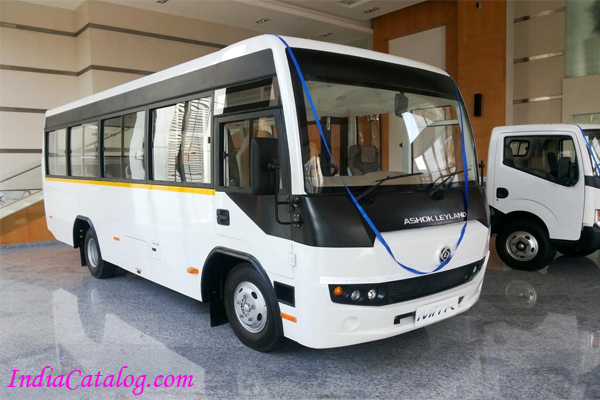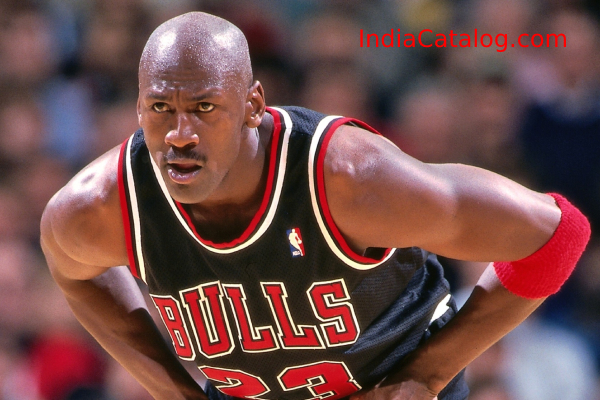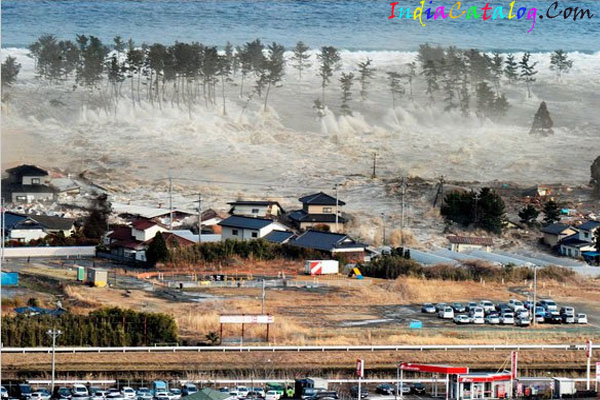Indian Railways looks to share up ‘ backbone’ of revenue source, set to ink MOUs to boost freight traffic
.jpg)
Come April next year, the Indian Railways will start entering into a clutch of ‘transportation guarantee agreements’, or memorandums of understanding, to improve its faltering freight segment, the backbone of the railways’ revenue.
“Many industries such as cement, iron ore and steel have already shown interest which will give me guarantee of a certain traffic for, say, 5-10 years, and the railways will give them a guarantee to provide adequate number of wagons throughout the year as per their requirement,” said a ministry of railway requesting not to be named.
There will be traffic guarantee clause in the agreements wherein there will be a certain penalty component for both parties in case they fail on their commitment, added the official.
The national carrier has been losing traffic to both airlines and roads with its traffic receipts for the April-December 2016 period, falling 2.53% compared with same period a year-ago. While the passenger revenue target for the period was missed by 9.14%, the freight target witnessed a shortfall of 10.98%.
The transporter saw its traffic receipts in April-December 2016 go down 2.53% from the Rs 1.22 lakh crore achieved during the year-ago period. In the passenger revenue segment (which accounts for about a third of the total traffic earnings), the carrier missed the target by 9.14% and in the profitable goods category the shortfall was 10.98%. The freight suffered mostly because of a tepid loading of coal and cement in the current financial year.
The railways is expecting that once these agreements are in place and the dedicated freight corridors — both eastern and western — are in place by December 2019, a combination of the two will boost freight earnings.
“We will be able to carry four times the number of containers transported now through the corridors which will 1.5-km long and double stacked, instead of 750 m and single stack now,” said the official, adding that the quicker and heavier rakes will offer competitive rates in lesser time compared to roads. “The per unit cost will come down drastically,” the official added.
Railway minister Suresh Prabhu in the 2016-17 Budget had announced that the railways will enter into long-term contracts with customers which will be beneficial for both. On the one hand, the railways will get an assured traffic and on the other, customers will benefit from low long-term tariff.
IR has already undertaken various measures to improve its freight movement and revenue numbers, including withdrawal of port congestion and busy season charges, tariff liberalisation of empty rake direction and introduction of dwarf containers, among others.

.webp)
.webp)
.webp)
.webp)
.webp)
.webp)
.webp)
.webp)
.webp)
.webp)















